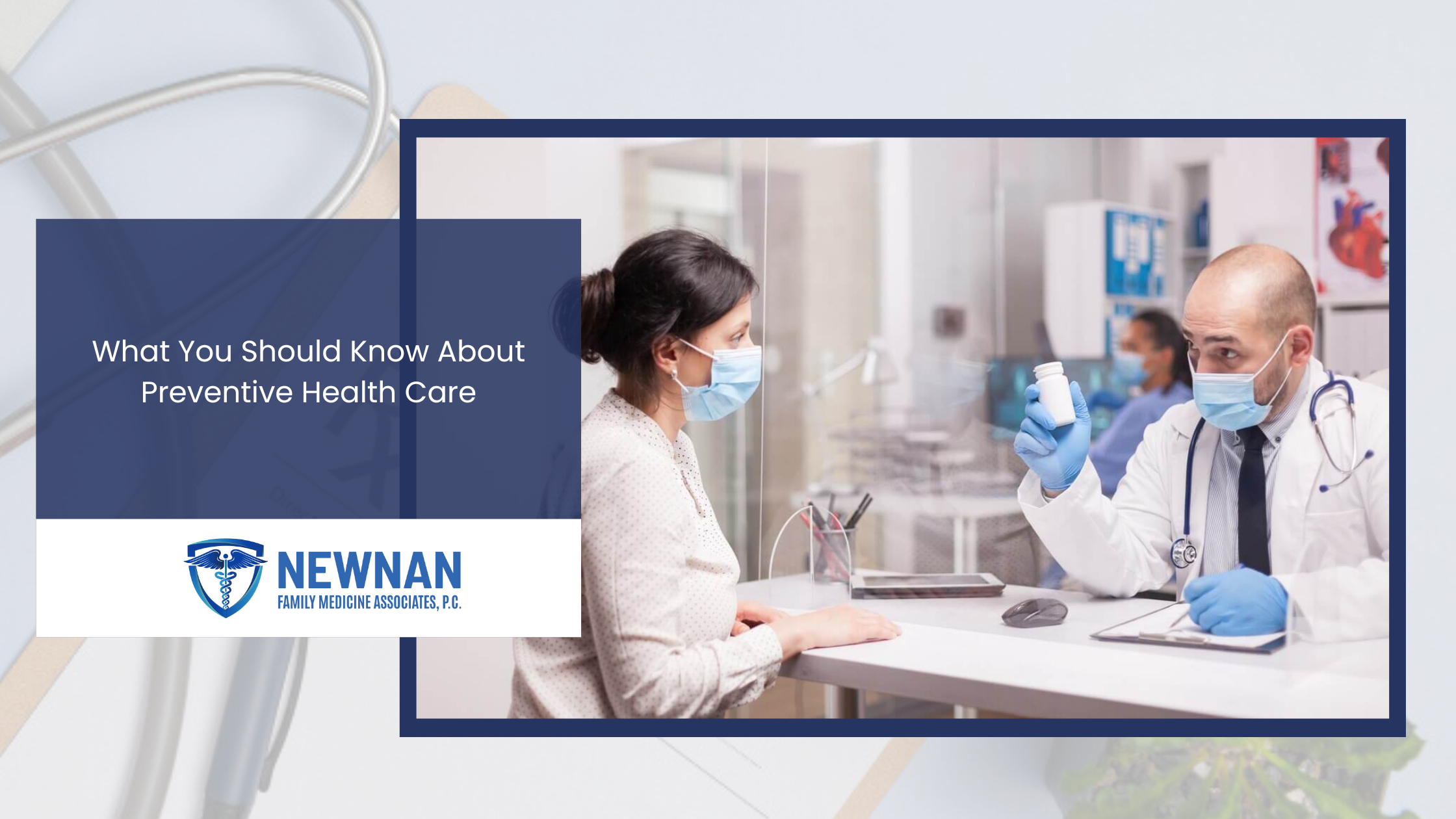


In today's world, people experience various types of diseases and conditions. So, to stay safe, it's ideal to take the first step to prevent these illnesses from occurring, and this is where preventive healthcare services are required.
Preventive health care targets disease prevention before it becomes a significant concern and helps you adopt healthier habits. It focuses on maintaining overall health and well being rather than treating illnesses after they arise. In the last few years, people have also realized the importance of preventive health care screenings, and the proportion of primary care visits with a preventive focus has nearly doubled from 2001 to 2019.
Let's look into the five types of preventive healthcare services and how they can help individuals lead healthier lives and reduce healthcare costs associated with treating preventable diseases.
There are five major components of preventive health care, which include the following:
Routine check ups, also known as regular health exams or wellness visits, are scheduled appointments with healthcare providers that assess your overall health and well being. These check ups typically involve a physical examination, a health history review, and discussions about lifestyle habits, preventive measures, and any concerns or symptoms that you may have regarding your health.
Regular screenings and check ups are essential components of preventive healthcare, offering several benefits such as early detection and treatment of diseases, preventive interventions, and improved quality of life. Some common examples of preventive health screening and check ups include blood pressure, cholesterol, mammograms, colonoscopies, etc.
Immunizations and vaccinations are medical treatments in which a material, often a weakened or destroyed version of a disease causing microbe or its proteins (antigens), is given to boost your immune system. The goal of vaccinations is to activate your body's natural defense mechanism, known as the immunological response, which produces antibodies and memory cells that guard against certain diseases and conditions.
Vaccines are highly successful in preventing infectious illnesses because they prevent infections and reduce disease severity in individuals. They have resulted in the elimination or near eradication of many illnesses, such as smallpox, and a considerable reduction in the occurrence of diseases like polio, measles, and rubella.
Each age group requires different types of vaccines. These include:
Your lifestyle is critical in preventive health care, as it directly influences your risk of developing various diseases and conditions. Maintaining a healthy lifestyle is crucial for disease prevention and overall well being. Here is why you should adopt healthy lifestyle modification for preventive care.
By adopting healthy behaviors and habits such as maintaining a balanced diet, staying physically active, managing stress, getting enough sleep, avoiding tobacco and excessive alcohol use, and attending regular health screenings, you can reduce your risk of chronic illnesses and improve your overall quality of life.
Making informed lifestyle choices and prioritizing preventive healthcare measures are essential for achieving and maintaining optimal health and well being.
Disease preventive medications, also known as prophylactic medications, are pharmaceutical agents prescribed to individuals predisposed to developing specific diseases or conditions due to genetic factors, lifestyle, or medical history. These medications are commonly used to reduce the probability of future health problems and are prescribed as part of a complete preventive healthcare strategy.
However, it is important to remember that there are various guidelines and considerations for preventive medications. Some of these include:
Some medications used for preventive purposes include statins for heart disease prevention, aspirin for stroke prevention, anticoagulants to prevent blood clots, and antihypertensive medications to lower blood pressure and reduce the risk of hypertension related complications.
Genetic screening is analyzing your DNA to detect genetic variants or mutations linked to certain diseases, ailments, or attributes. Genetic screening aims to determine your risk of having a certain genetic condition or passing it down to your children.
Genetic counseling is an integral component of preventive healthcare, particularly in the context of genetic screening. This includes:
Genetic conditions that individuals can be screened for include BRCA gene mutations, familial hypercholesterolemia, etc.
Preventive health care is critical if you wish to stay healthy and prevent diseases from occurring. The above mentioned preventive health care components play a crucial role in safeguarding your health and eradicating any diseases before they can cause any harm. At Newnan Family Medicine, you will get the best preventive healthcare treatment and services that prioritize your and your loved one's health and well being.
Receive Quality preventive health care at Newnan Family Medicine. Our team of experienced physicians is equipped with the latest diagnostic and treatment technology to provide you with the best preventive health care you deserve. Contact us today to learn more about our preventive care services.